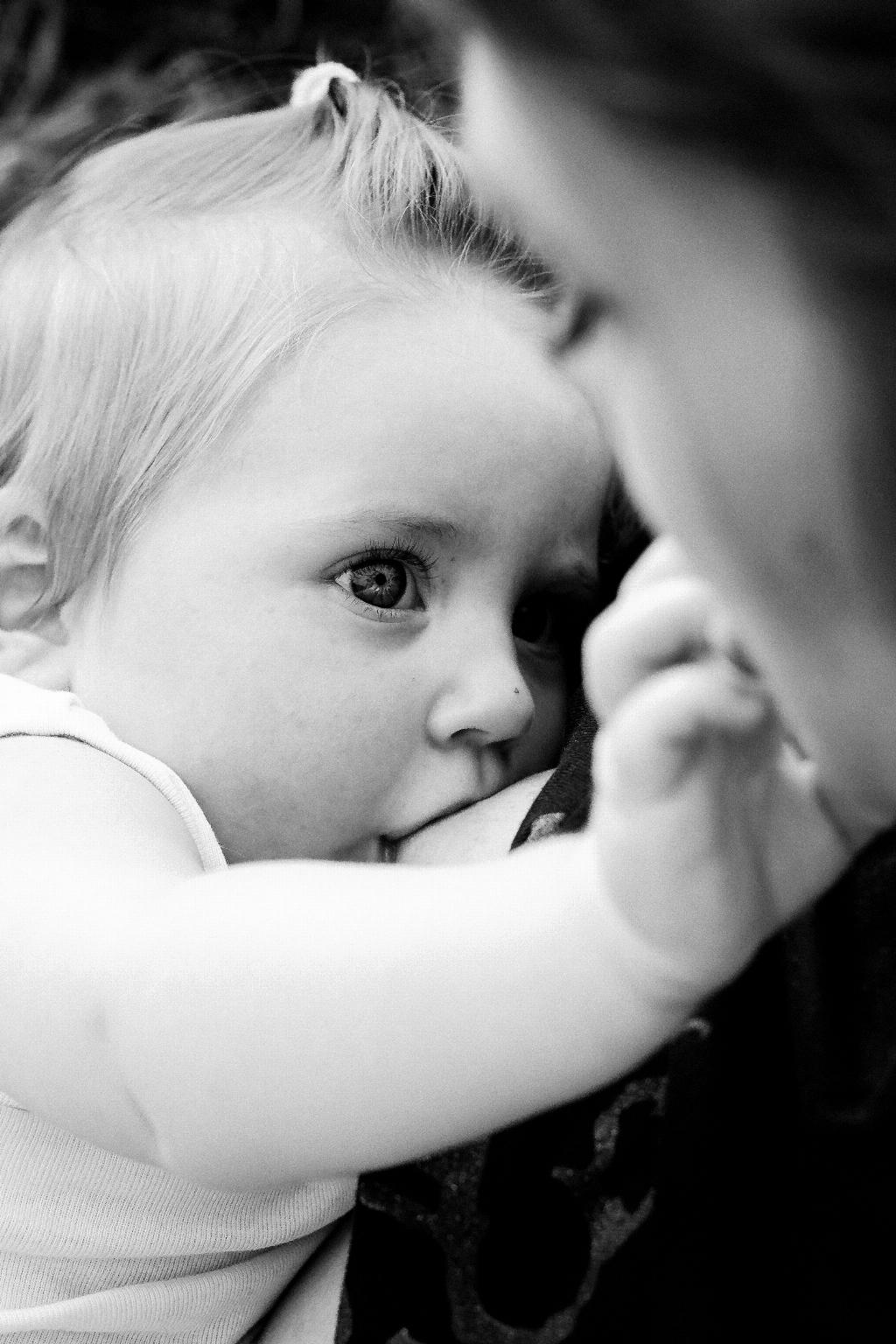When it comes to deciding the best age to wean from breastfeeding, it’s essential to consider various factors that can influence this significant milestone in a child’s development. Most experts recommend that breastfeeding should continue as long as it remains mutually beneficial for both the mother and the baby.
One common recommendation is to consider weaning after the baby’s first birthday. By this age, babies are typically more active, starting to explore solid foods, and becoming more independent in their eating habits. This transition phase often leads to a natural decrease in interest in breastfeeding.
While many mothers decide to wean around the age of one, it’s crucial to remember that every child is unique, and there is no one-size-fits-all answer to this question. Some mothers may choose to continue breastfeeding beyond the first year, following the World Health Organization’s recommendation of breastfeeding up to two years or beyond.
Early weaning, before the age of one, may occur due to various reasons such as medical conditions, latching difficulties, or personal preferences. It’s important for mothers to trust their instincts and seek support from healthcare providers or lactation consultants when navigating the weaning process.
One factor to consider when determining the best age to wean is the emotional readiness of both the mother and the child. Weaning is a significant emotional and physical transition for both parties, and it’s essential to approach it with sensitivity and understanding.
Children who are weaned gradually tend to have an easier time adjusting to the process. Slowly reducing the number of breastfeeding sessions over time can help both the child and the mother transition smoothly to other forms of nourishment.
As children grow older, their nutritional needs evolve, and solid foods become an increasingly important part of their diet. Balancing breastfeeding with the introduction of a variety of nutrient-dense foods is key to ensuring that the child receives adequate nutrition during the weaning process.
Some mothers may experience mixed emotions when it comes to weaning. The bond formed during breastfeeding is unique and special, and it’s natural to feel a sense of loss or nostalgia as this phase comes to an end. Seeking support from other mothers or a counselor can be helpful in navigating these emotions.
It’s essential for mothers to listen to their intuition and consider the needs and preferences of both themselves and their child when making decisions about weaning. Each breastfeeding journey is unique, and what works best for one family may not be the same for another.
Ultimately, the best age to wean from breastfeeding is a personal decision that should be made based on the individual needs of the mother and the child. Trusting your instincts, seeking support when needed, and approaching the process with patience and understanding can help make the transition a positive experience for both parties.

